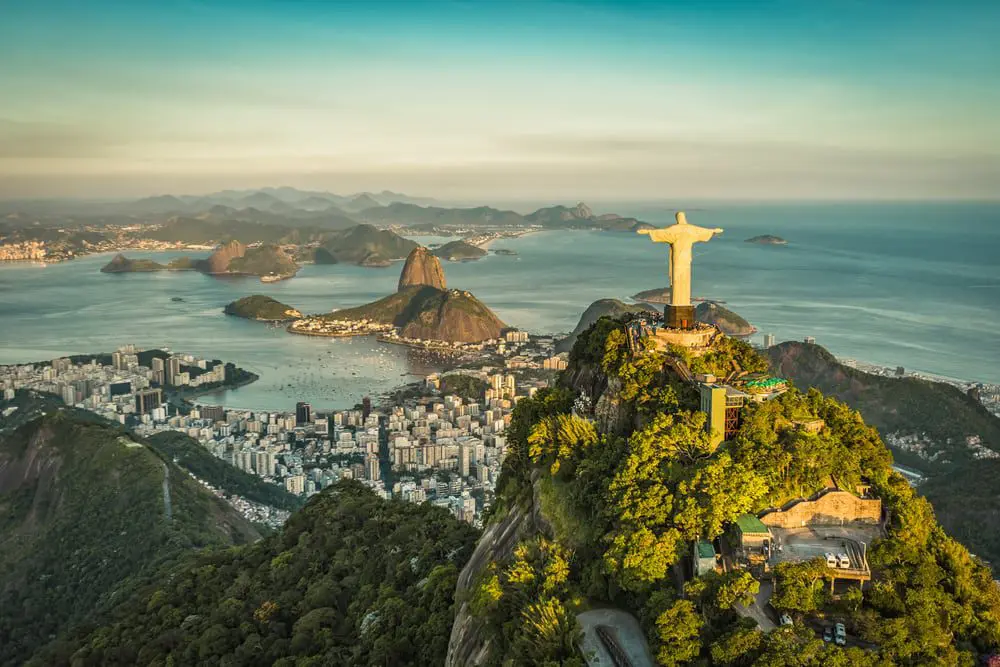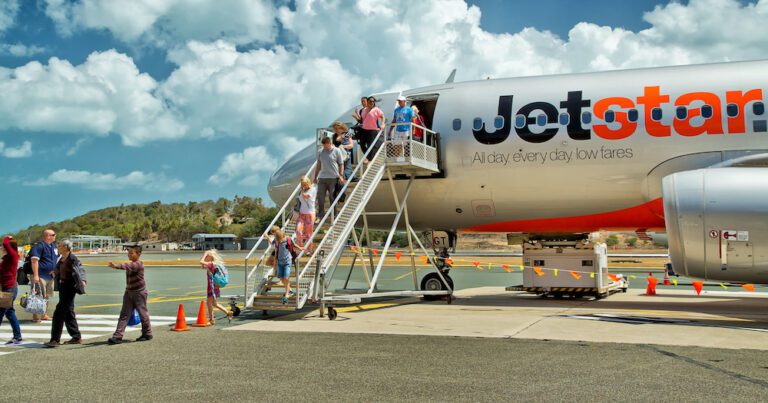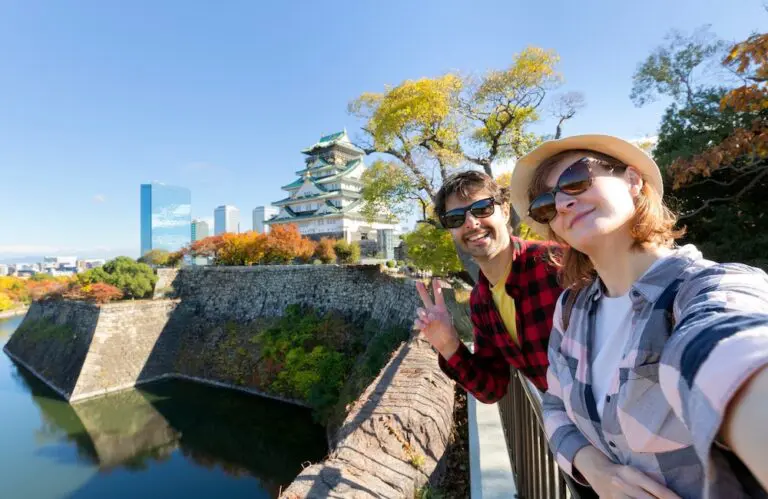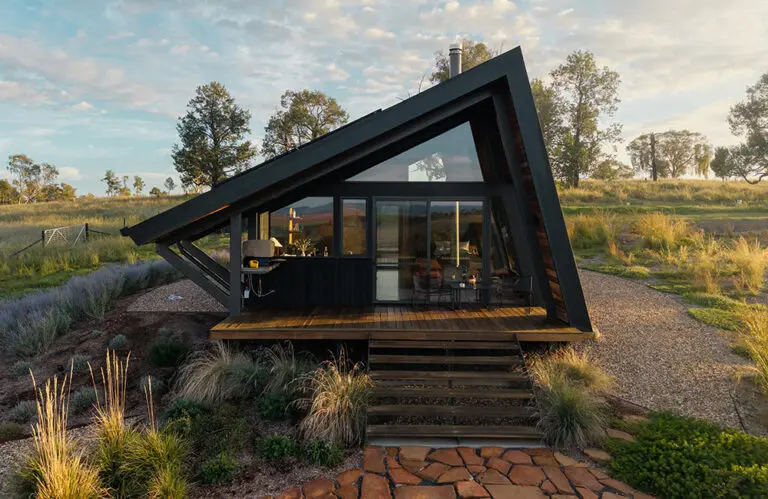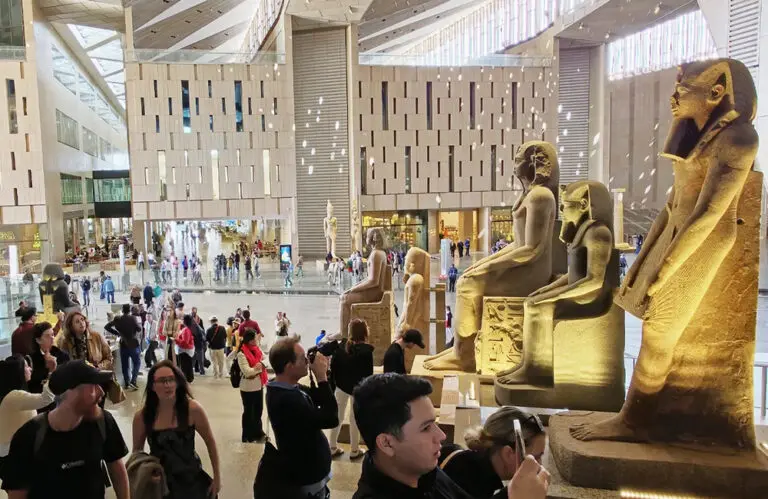Despite many describing Rio 2016 as a “challenging” Olympic Games, Brazil’s ministry of tourism is eagerly looking forward to the future, confident the sporting event has delivered the goods.
The Rio 2016 Paralympics are still underway, approaching their conclusion on September 18.
However, the curtain came down on the Olympic Games on August 22 after an action-packed 16 days where the drama definitely spilled across and beyond the sporting arenas – from empty seats, fires in the Olympic Village, washed up body parts, fabricated hold-ups and that famously fart-scented diving pool.
But then there were the breathtaking images of Lagoa Rodrigo de Freitas with its spectacular backdrop of mountains, Tijuca National Forest and Christ the Redeemer. And those beaches… Copacabana, Ipanema – they’re pretty tough to beat in the sun and sand stakes. Caipirinha anyone?
The event saw the city welcome 500,000 visitors, undeterred by the Zika or safety fears that had dominated headlines in the run-up to the arrival of the Olympic flame.
Based on findings drawn from the host cities of the last three Olympics – Athens, Beijing and London – Brazil’s ministry of tourism expects the next 12 months to yield a 6% increase in the number of international visitors.
“This is what we expect, it could even exceed this estimate,” director of planning and strategic management Jun Yamamoto said.
A survey of visitors to the Games carried out by the ministry of tourism showed that 87.7% of foreign tourists intend to return to Brazil. It also found that 83.1% of foreign tourists said their experience of Rio either met or exceeded their expectations.
Rio itself is certainly well-positioned for tourism growth, having added 20,000 rooms for the Games. Other legacies of the Games include investments in professional qualifications within the tourism sector, improved sign-posting for visitors and better marketing of key tourist destinations.
Home chief minister Eliseu Padilha commended Brazil for demonstrating “competence, qualification and dedication” during the event.
“Those that came had a great time. Those who saw the images on television will have had a similar feeling,” he said.
“Rio will be different after the Games.”
The confidence of Brazil’s ministry of tourism has been echoed by a range of companies operating in the Australian market such as Chimu and Trafalgar.
Adventure World general manager Neil Rodgers also said he expected Brazil sales to really “take off” in the event’s aftermath.
Furthermore, while such major events usually result in a temporary lull in bookings, Latin America has actually fared surprisingly well this year, he revealed.
“Latin America has stood up this year because of the airlines – Latam, Air New Zealand and Qantas have really made fares to Latin America available and opened it up,” he said.
“We should have seen a decline with Rio, but with the airlines stimulating the market, we haven’t.”




